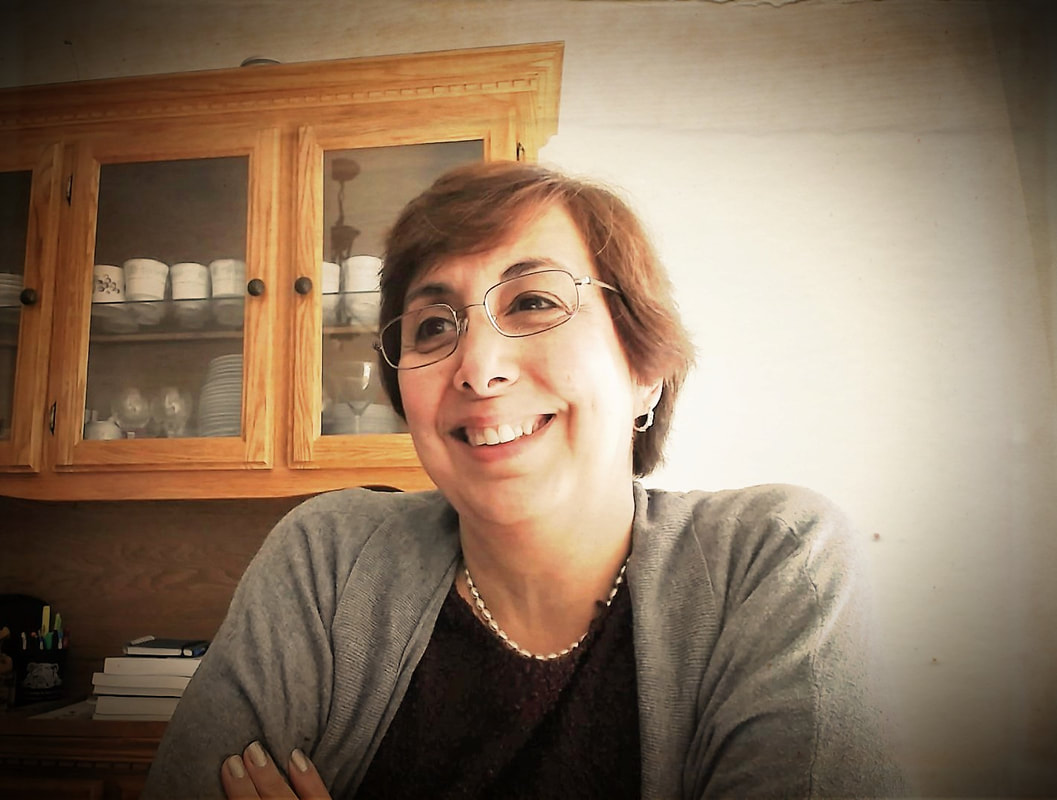|
I teach Ethics at a graduate leadership program. One of my challenges is to help our leaders understand the impact of lack of fairness. Specifically:
Of course, these discussions are hardly new. One of my favorite philosophers, John Rawls, argues that a fair society results from a "Veil of Ignorance." This "Veil" forces future society members to make blind decisions, without knowing whether they will be rich or poor, intelligent or unintelligent, members of a top or a lower class. They do not even know their personality traits or abilities. Under those "ignorance" conditions:
To help leaders experience inequality, I use a game called "The Kingdom Tycoons." I assign participants to three groups (upper, middle and lower class), provide different resources to each group and then observe the resulting group dynamics. Here is how you can reproduce the game:
Good luck! If you come up with a different version, how about sharing what you did? Also, let me know what happened!
0 Comments
Leave a Reply. |
About the Author
Dr. Cris Wildermuth is an Assistant Professor at Drake University, where she coordinates and teaches at the Master of Science in Leadership Development. Archives
January 2021
Categories
All
|



 RSS Feed
RSS Feed